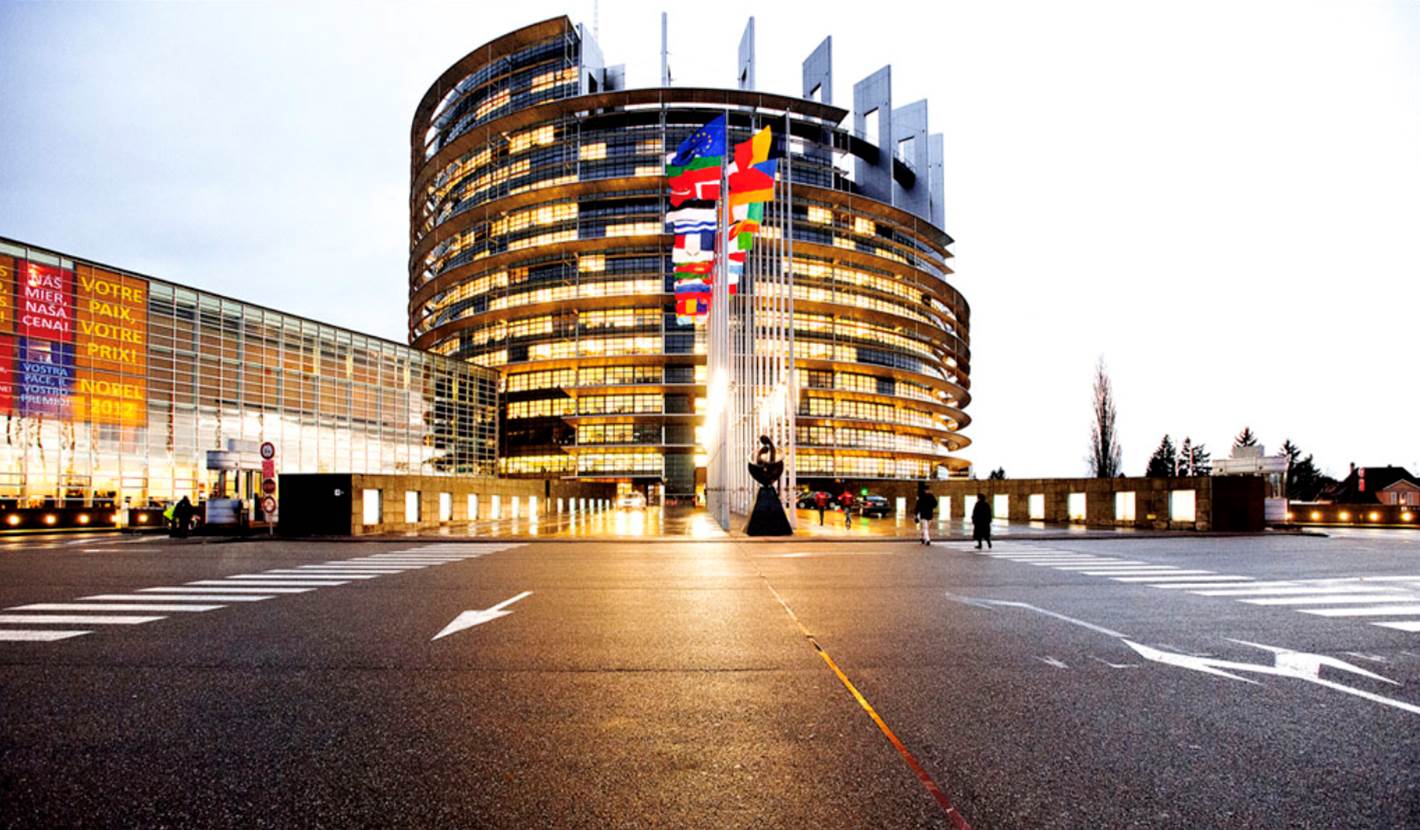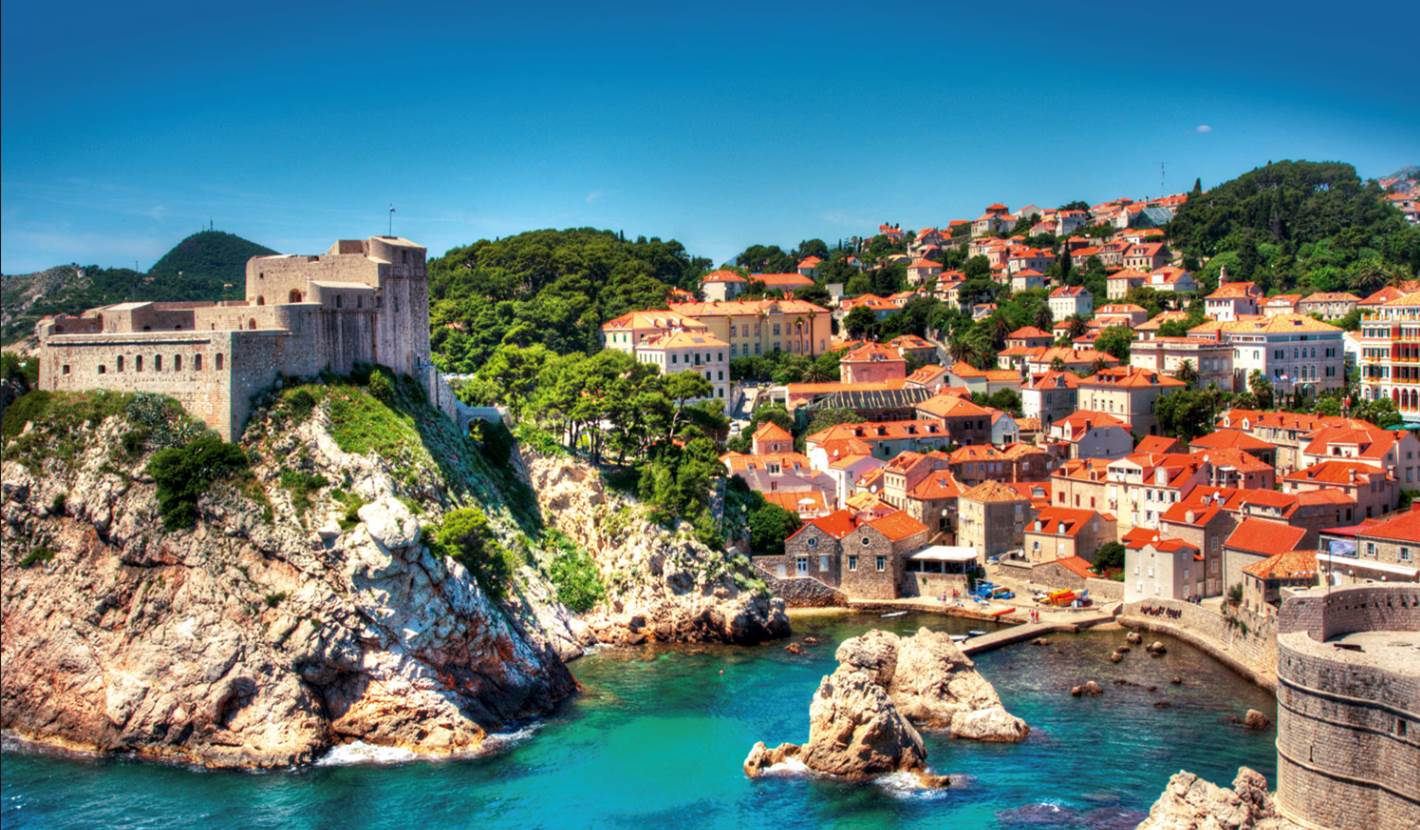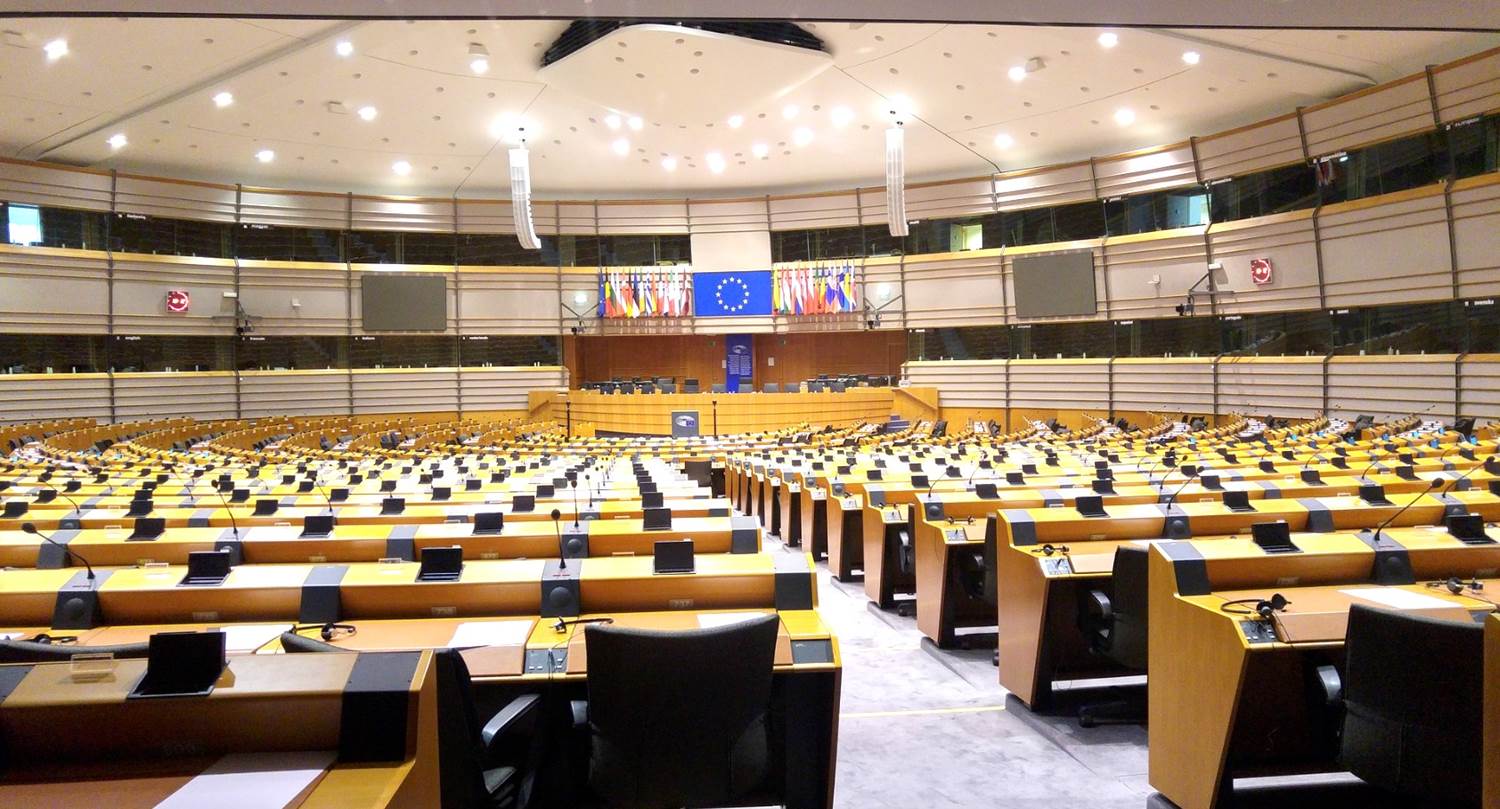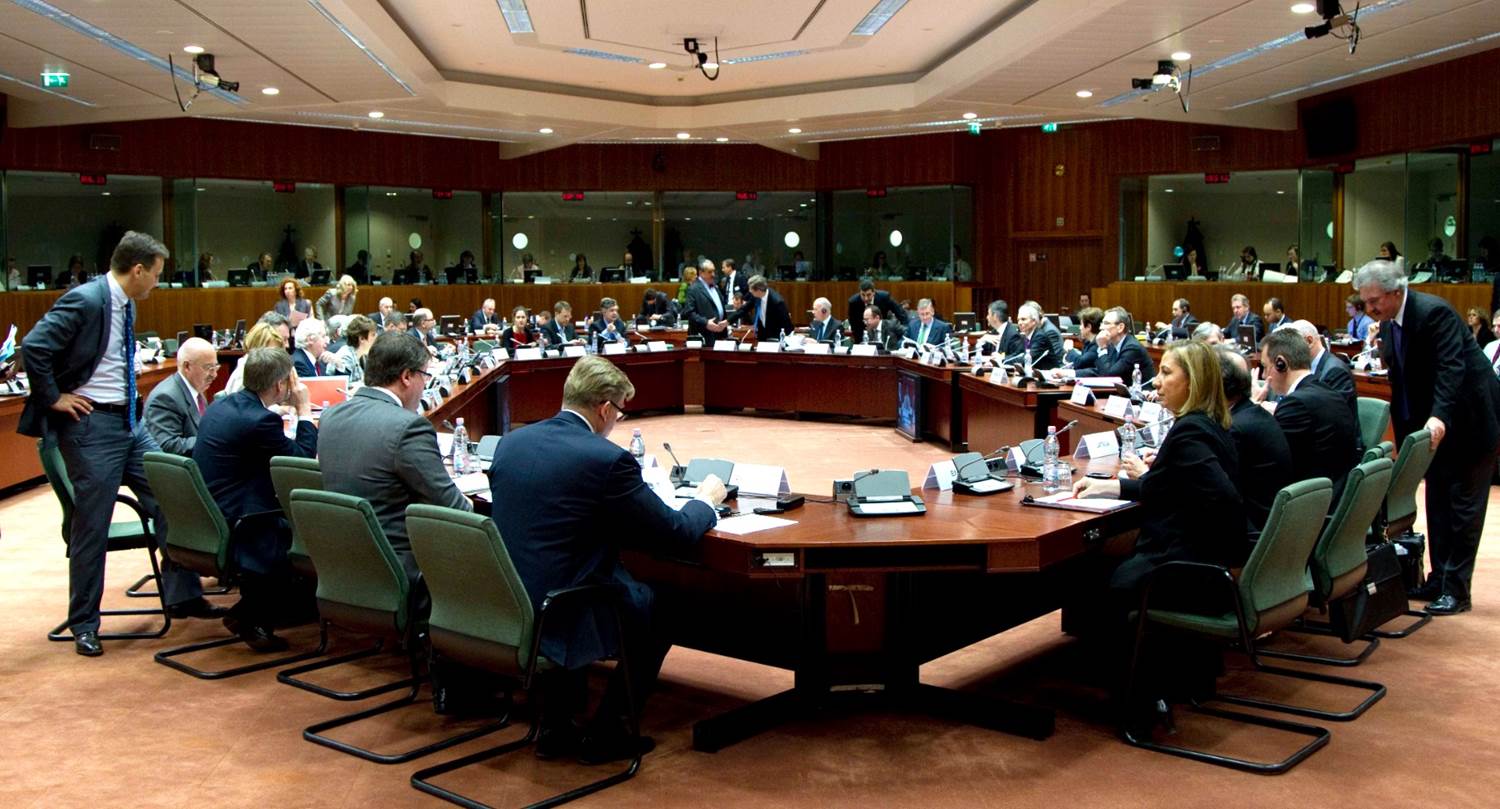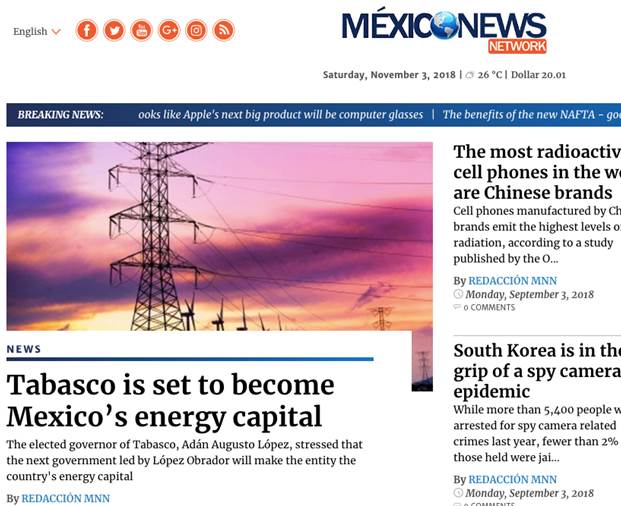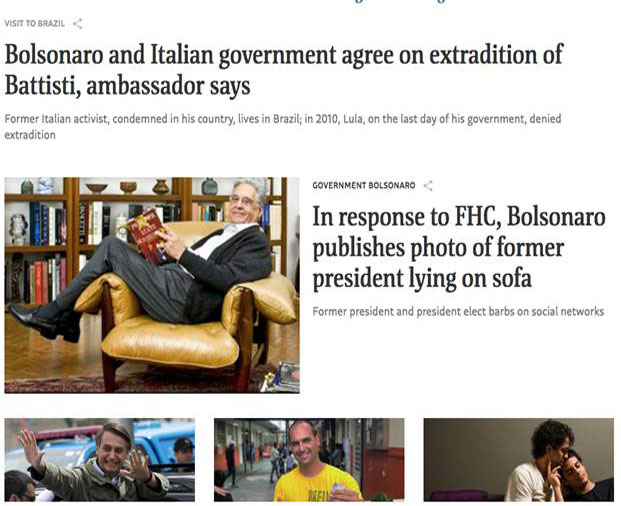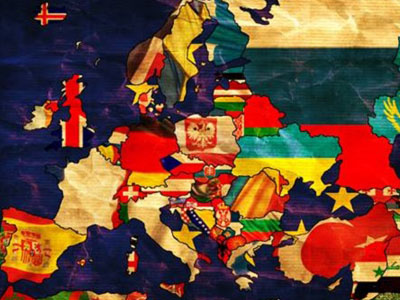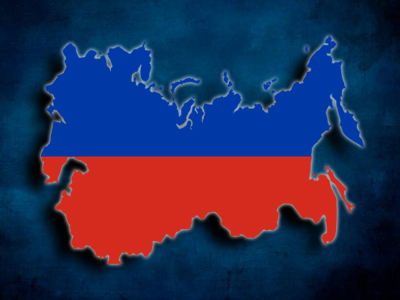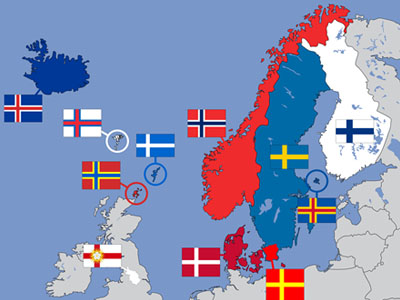CoCoP: COMMUNICATING COHESION POLICY
CoCoP: COMMUNICATING COHESION POLICY


Written for JESPIONNE

Alessandra Peron Marquez
Have you ever thought of what makes the EU solidaire? Our scholars and experts attribute it mainly to regional/cohesion policy and all these structural reforms we hear from time to time taking place in several EU regions that we might have never heard of, but people, mainly from Southeastern Europe,
unconditionally support when it comes to their development. The next MFF (Multiannual Financial Framework), the 7-year budget plan of the EU, aims at achieving more on fewer things; and this is where all the discussions about cohesion policy start.

This cluster of EU cohesion policy funding is needed to trigger public support in the Member States, and mainly its citizens, who need to be convinced that what is being done is for their benefit.

May 2020

Four key challenges prevail around the post-2020 EU cohesion policy. Corina Cretu has summarized them under “flexibility,” “economic governance,” “performance” and “simplification.” The lack of flexibility has been illustrated during the refugee crisis and the integration of the migrants reaching the European territory. The second challenge derives from the ability of EU cohesion policy 2014-2020 to fulfill the 2020 objectives, while “performance” becomes a pain in the neck of regional and local bureaucrats who have to record the deliverables and the achievements of the running period,
which will constitute a useful instrument for measuring the progress for the post-2020 period. As far as simplification is concerned, can you imagine how complicated the process of fund disbursement is, given the involvement of supranational, national, regional and local authorities? So, the simpler the procedure becomes, the quicker the money will be disbursed, and the sooner people will notice results.


Despite that these may be all reasonable challenges, they only concern authorities and have nothing to do with citizens’ satisfaction. We, as human beings, are skeptical and tend to doubt about whatever we cannot see with our eyes. Behind significant infrastructure, trucks, and workers struggling to get things done, we see ugly, messy scaffoldings producing noise and irritating dust that take ages. And this is why the Employment Commissioner, Marianne Thyssen, has emphasized inter alia in communication and visibility of funding results when it comes to financial perspectives of regional development projects.
This cluster of EU cohesion policy funding is needed to trigger public support in the Member States, and mainly its citizens, who need to be convinced that what is being done is for their benefit. So, it’s not only what you do, but how you communicate it as well. You may build the best bridge, but it will not affect me if you don’t convince me why I should use it. Does this example make any sense? Well, what I mean is that the EU needs not only to deliver projects but also to invest in communicating these projects and prioritize their added value in an active dialogue with and engagement of citizens.



With that said, I see CoCoP reasonable! If you are a pro-cohesion policy EU citizen, I strongly recommend to you to read the manifesto of the #Cohesionalliance and sign the declaration stating that EU cohesion policy should continue to be a pillar of the EU’s future budget. For the rest who want to keep yourselves updated, there are a few things you can do to follow up on regional policy and its actual results. First of all, you can follow the #EUinmyregion campaign on social media and discover the ongoing European http://cor.europa.eu/en/takepart/Pages/cohesion-alliance.aspx
projects around you or you can download the “My Region” app to identify all the projects funded or co-financed by the EU in your region (NUTS 2 level). For those who want to be more actively involved, you may either participate in Interreg Volunteer Youth at https://www.interregyouth.com/ (sorry if you are over 30!), or take part in the Road Trip Project (https://roadtriproject.eu/) which will offer them a unique opportunity in making a big journey around the EU and share in the end their experiences through a short movie. Now, yes, I can see solidarity in the EU. You?

Reference Article


Reference Article

By CARLOS MENDEZ for COHESIFY
The European Union (EU) requires citizens’ support and identification to enhance its legitimacy. The question of whether and how much European identity is necessary for European integration is highly contested, largely because it is connected to controversial normative debates about the nature of the EU as a polity. What is clear is that the politics of European identity in Europe has become more salient following the recent economic and migration crises which have fuelled a rise in nationalist and anti-EU sentiment across Europe and exposed deep divisions among governments and citizens about the value, purpose and future of the EU – most strikingly evident in the Brexit referendum vote in the United Kingdom. EU institutions have made it a priority to reconnect with European citizens (Juncker 2014) through participatory, decentralised and creative communication about the EU (Committee of the Regions 2014). But this is a challenging task given the EU’s territorial diversity and the lack of systematic and robust knowledge about how specific EU policies impact on citizens’ attitudes and identity and what communication mechanisms would best serve the re-connection with citizens.
This is the context for the COHESIFY research project which aims to assess the contribution of EU Cohesion policy to a positive identification with the European integration project in terms of a valued, popular sense of European identity and to determine the implications for EU strategies for communicating EU Cohesion policy to citizens. EU Cohesion policy can be considered a ‘most-likely case’ for developing a ‘sense of community’ because it is the EU’s most explicit and visible expression of solidarity and has a direct impact on people’s daily lives. It provides funding to all European regions, especially less less-developed regions and countries, through investments that aim to raise economic and social prosperity and improve citizens’ quality of life. Its multi-level governance model is meant to have a key role in mainstreaming EU policy agendas to national and regional levels bringing the EU closer to citizens through programmes that reflect regional and local development needs and challenges, and which are designed and implemented in ‘partnership’ with local authorities, non-governmental organisations, socio-economic partners and other bodies representing civic society.READ MORE >>



There are fundamental questions about the extent of knowledge and awareness of the policy among citizens across the EU, whether it is perceived to impact on their daily lives, which factors are influential in shaping perceptions and how this translated into attitudes to and identification with the EU in different regions and localities. Further, it is unclear to what extent the strategies of EU institutions, Member States and Managing Authorities for communicating Cohesion policy are effective in increasing awareness or influencing perceptions and identity.
The central purpose of this paper is to set out an analytical framework for investigating the impact of Cohesion policy on European identity. It proceeds in three steps. The starting point is a review of the literature on European identity regarding the key conceptual perspectives, methodological approaches, controversies, and explanations. The second section reviews the literature on the impact of EU Cohesion policy on citizens’ attitudes to the EU and evaluations of the communication of Cohesion policy. Building on these different strands of literature, the final section sets out the analytical framework for the COHESIFY project including the conceptual approach, research design, case selection rationale, and methodology.



The relationship between European integration and identity has been a central theme in European studies scholarship since its foundation in the late 1950s. However, it was not until the 1990s that it became the object of sustained and rigorous theoretical and empirical research in the context of the relaunch of European integration, increasing politicisation of European affairs, and a new scholarly interest on the impact of the EU on political attitudes and identity. The following section reviews the state-of-the-art of European identity research beginning with the concept of European identity and then turning to measures, explanations and methodological issues.European identity is a contested and fluid concept that has been central to EU integration scholarship since its very foundation (Risse 2001; 2005). In Karl Deutsch’s ‘transactionalism’ theory on political
integration, the attainment of a “sense of community” among the public concerning mutual loyalties and “we-feelings” was conceived to be a critical precondition for European and international integration in “security communities” in the post-war era (Deutsch et al. 1957: 36). Key to the strengthening of this sense of community, according to Deutsch and his colleagues, was intensified communication through personal contacts and social interactions among citizens across different countries. The neo-functionalist theory of European integration by Ernst Haas (1958) took a more top-down view insofar as the formation of a collective European identity was conceived to be an outcome of European integration. Haas (1958) even defined integration as a ‘shift’ in ‘loyalties’ from nation-states to the European level of decision-making, although the empirical focus of his work was primarily on political actors (governments, parties and interest groups) rather than societal actors (citizens).

CALL TO ACTION




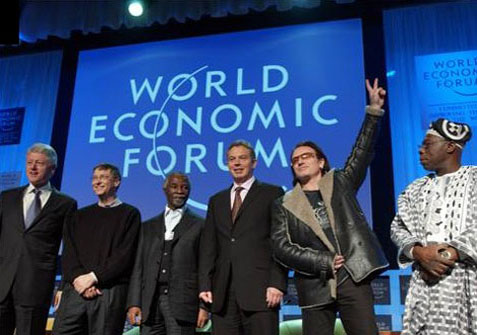

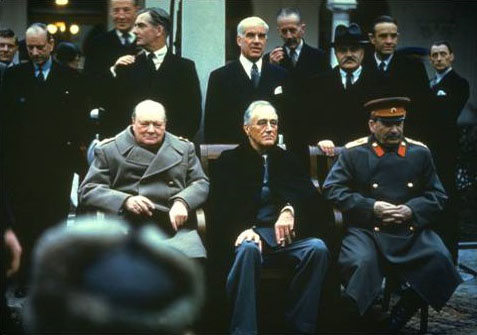

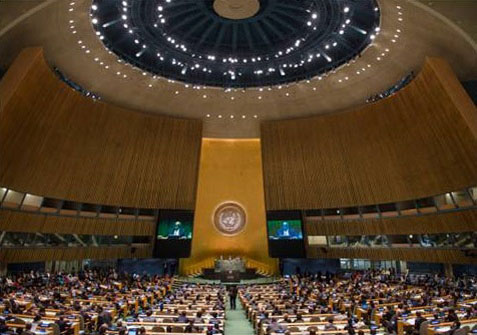


FGV THINK TANK


REFERENCE




Photos by
Assoicate Press / Politico / Original Source Article
TAGS
Angela Merkel / Syrian Refugees /German Chancellor / Josef Janning / European Council on Foreign Relations / Berlin / European Security / Brexit / Greece Financial Crisis / Person of the Year / Politico / Mathew Karnitsching

May 1 st, 2020

INTERVIEWS

















